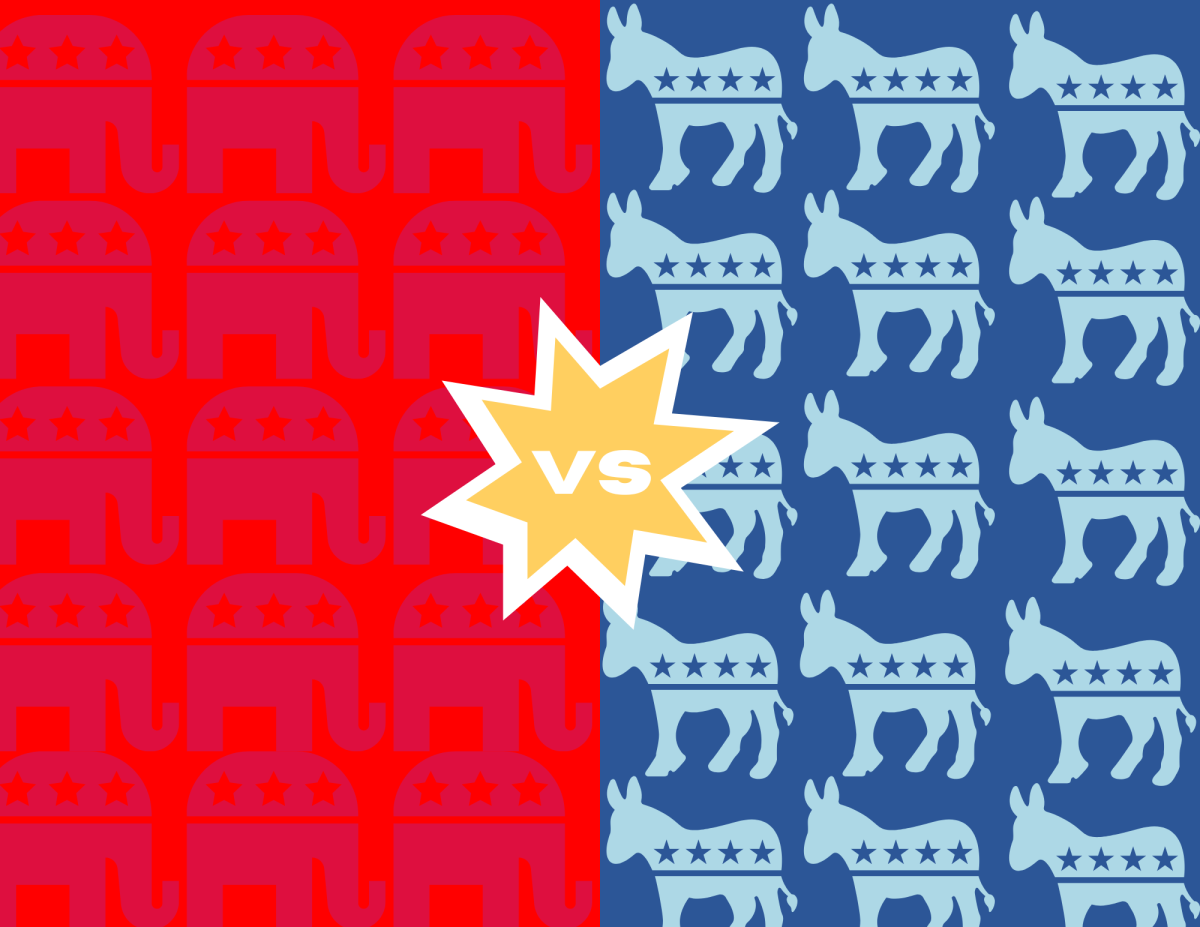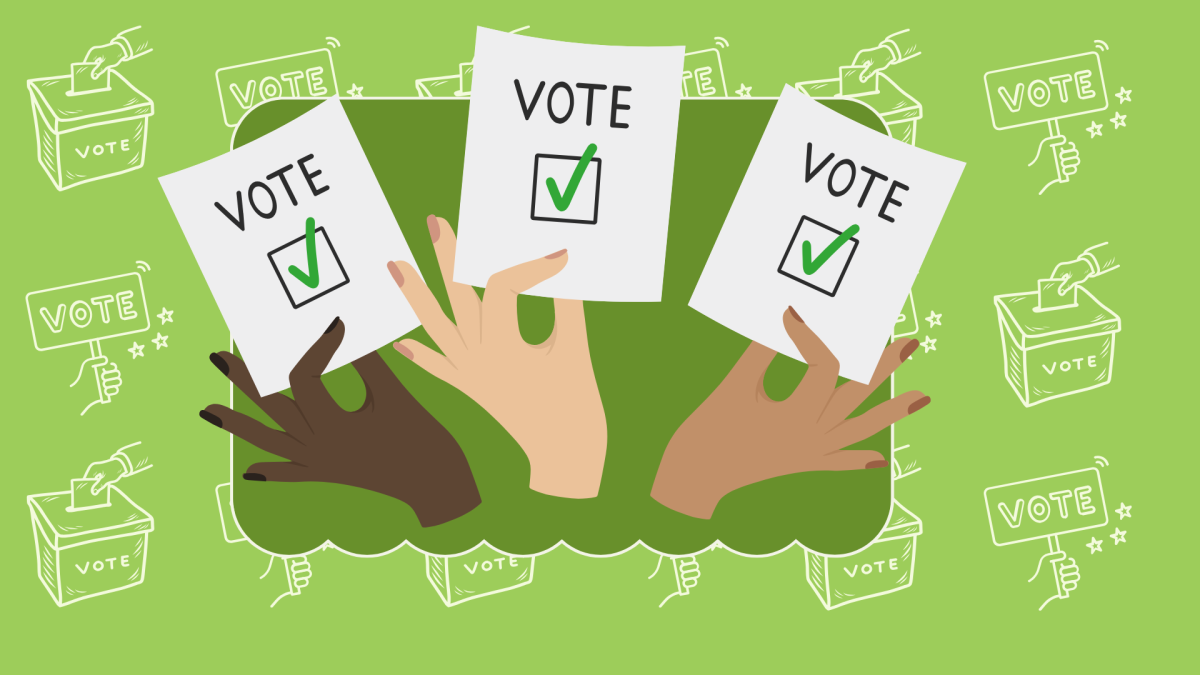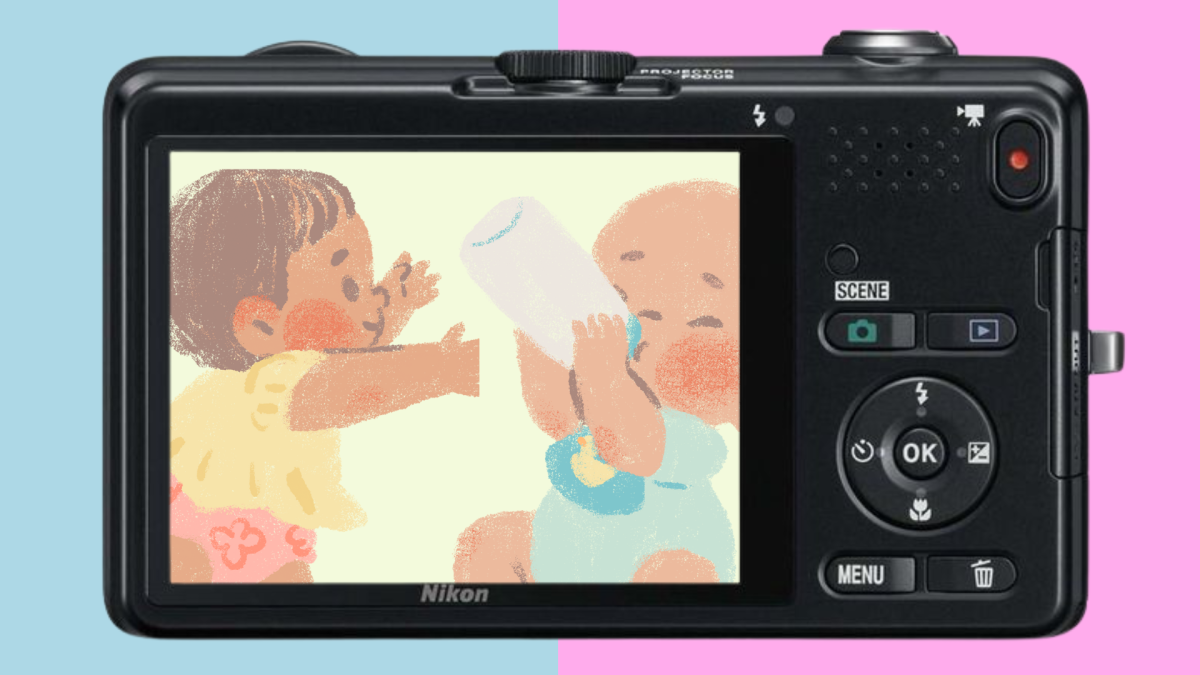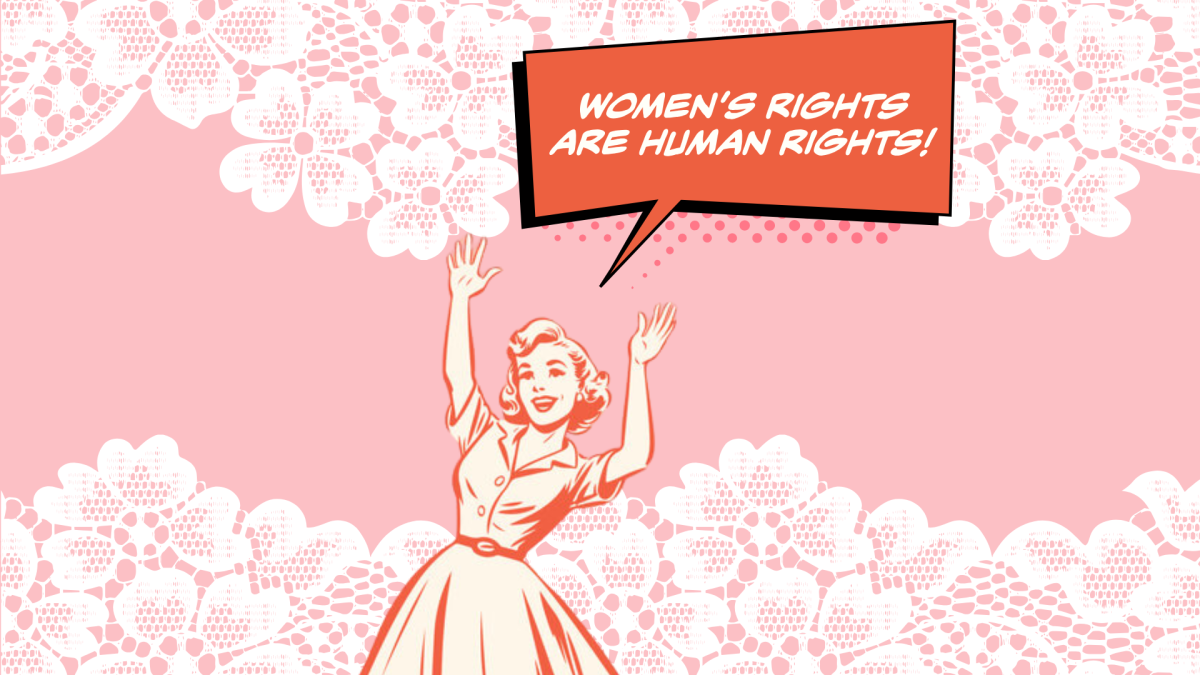Suffolk’s Office of Diversity Services offer weekly trainings for students to learn about the diversity here on campus, and in the rest of the world. Last Thursday, the Office held a meeting with the focus of social justice and understanding people’s differences. The meeting was part of a series of training sessions held throughout the year to better the Suffolk community’s understanding of diversity and how people can work together toward social justice.
As someone who has never been formally trained in the area of social justice, I found the training extremely helpful. The group of people I found myself sitting with were as beautifully diverse as the topics we were learning about.
Cameron Breither, the assistant director of diversity services, and Ben Shopper, who is a Diversity Peer Educator, an art major and a senior at Suffolk this year, were the two leaders of the training. They managed to cover some heavy and loaded topics while keeping the atmosphere of the room friendly and comfortable. The topics included what exactly diversity is, why oppression happens, and the different reasons people are oppressed, both at surface level and beneath the skin. They opened the floor to discussion often, which allowed everyone to make their voice heard and share their own thoughts and feelings.
Diversity can be a difficult topic to tackle, especially in a block of 75 minutes in a small meeting room without technology. There were a variety of videos and graphics that the training leaders had prepared but couldn’t show, but they made it work anyway with just a laptop. They started by discussing the fundamental things that make people diverse, including race, religion and sexual orientation. We even got to discuss the difference between sex and gender, and we learned how to put our new knowledge into words so we can go on to help and stand up for our fellow humans.
The overall purpose of the training besides teaching the Suffolk community about diversity and social justice, was to help us learn to be allies and share our knowledge with others. Taking into account the various identities of the people in the training, each of us learned how we could use our identities to help those around us who may be treated differently because of their own identity.
I thoroughly enjoyed my time in this training. I learned that being an ally isn’t something that you say you are, it’s something that you show you are. I also learned how to be a better ally, and how to help others to be better allies as well.
As great as the training was, it would have been better if the group had been larger. Most of the people who attended the training seemed to already have a pretty good understanding of the topics at hand. This training might have been better aimed toward people who didn’t already understand the things we discussed, and who could then go on to educate other people who didn’t already know. If these trainings were advertised around campus or online, more people could find out about them and get involved.
I would love to take part in the next diversity services training session. They take place on certain Tuesdays and Thursdays during activities period, and you can register on their Facebook or their website. Every training is different, and it will be interesting to see what they’ll discuss next.
Overall, the training was a success. I learned so much about topics I thought I was already pretty well versed in, and I learned how to be a better ally. I encourage students to attend these trainings, because even if you think you already know it all, there is always something new to be learned.
At the end of the training there was still so much more to discuss, and I couldn’t believe how comfortable I felt in wanting to discuss it. It is so important to feel comfortable discussing the things that affect all of us every single day, and the training helped me to feel that way.
Suffolk’s Diversity Services is doing a great job; I can’t wait for the next training session.







